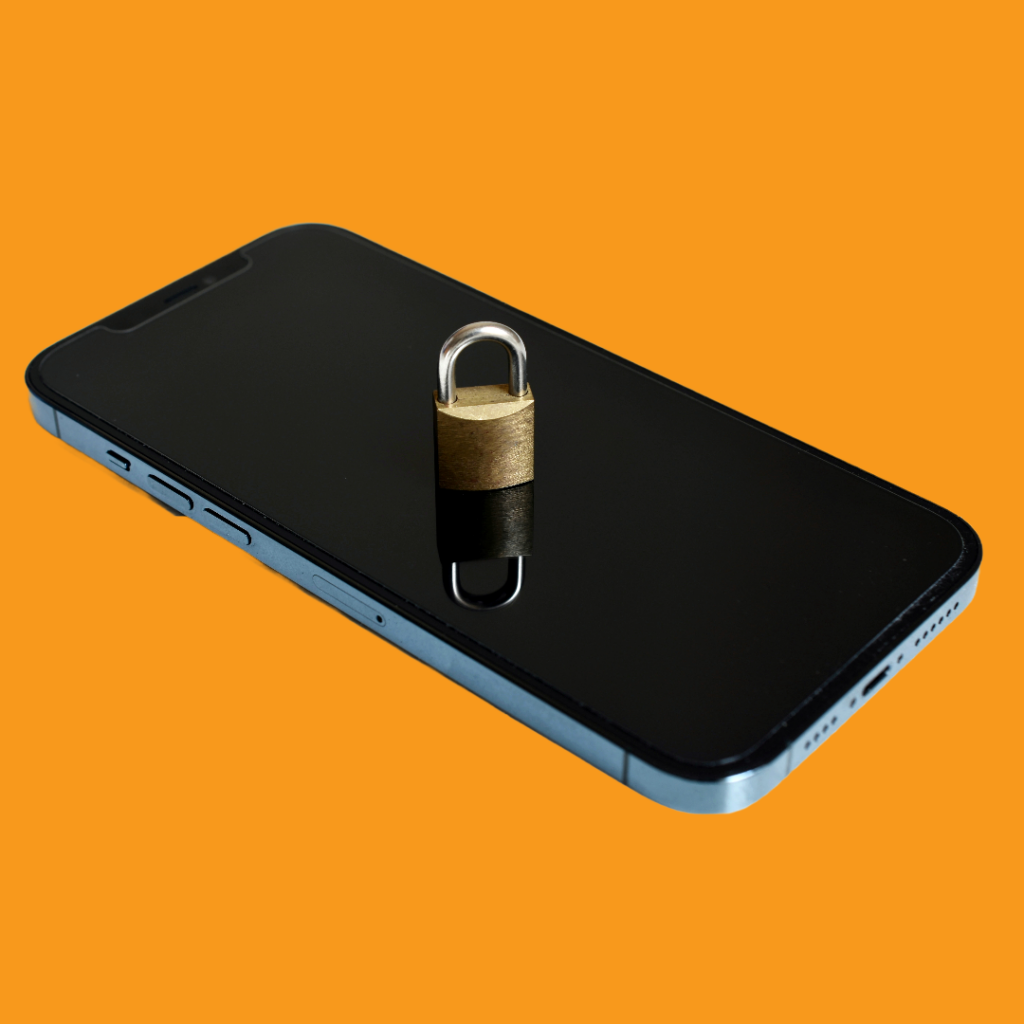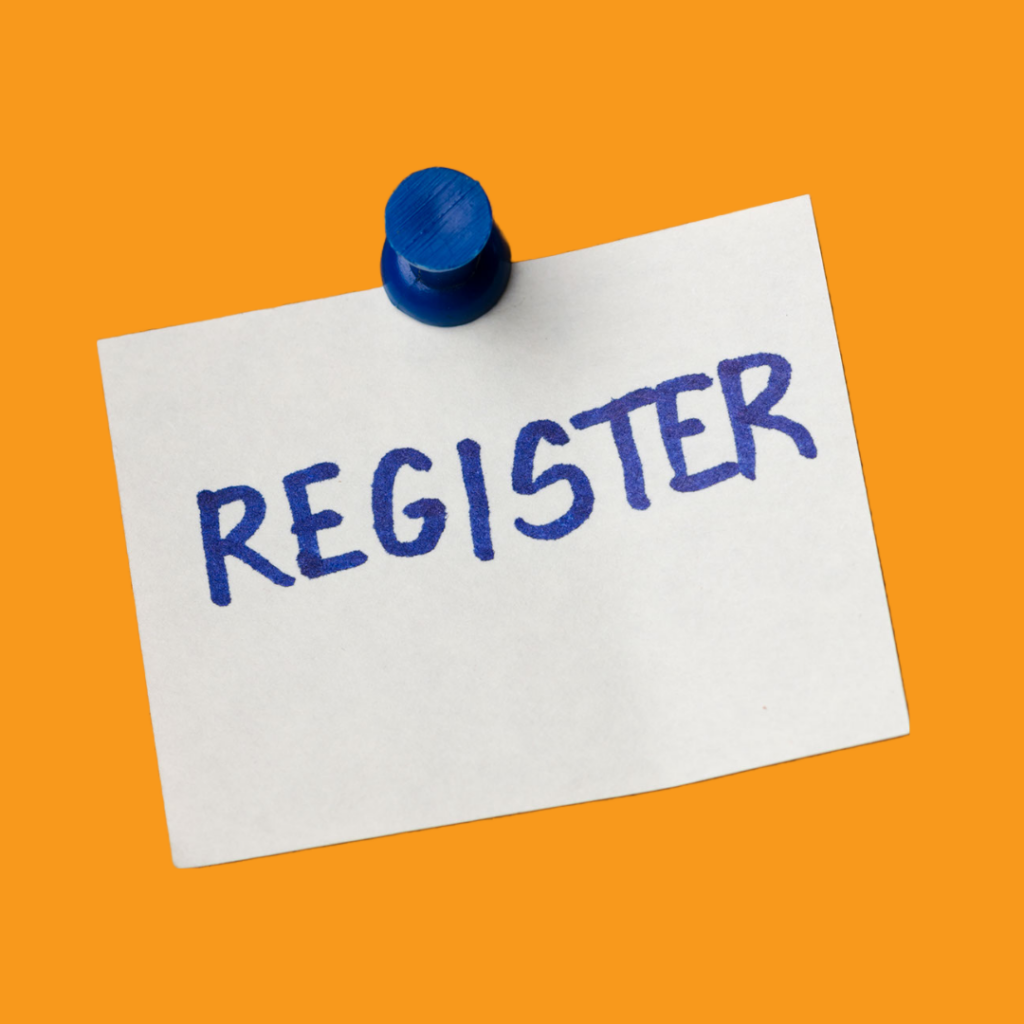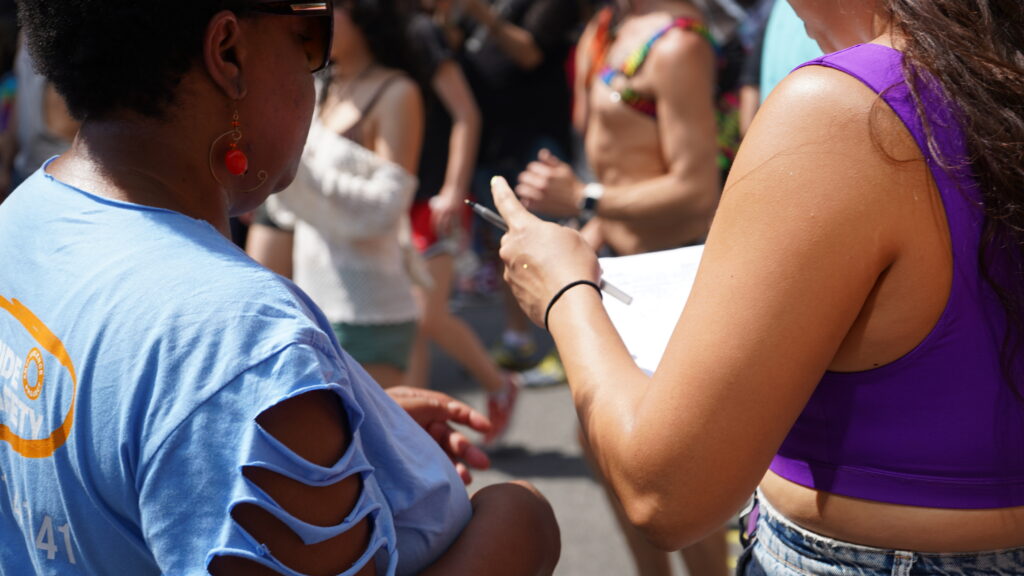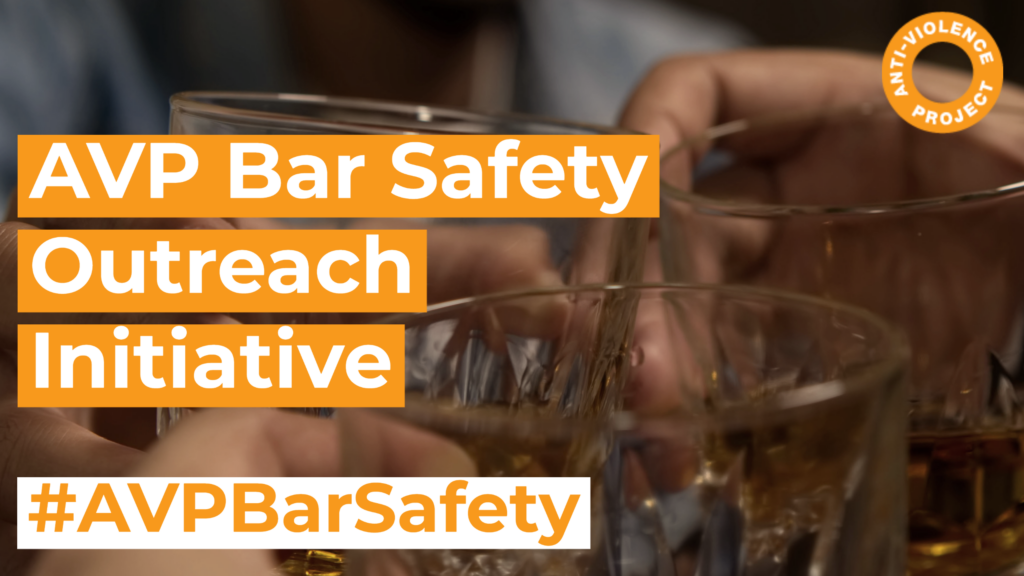
What is Bar Safety?
Bar Safety means LGBTQ community members taking care of themselves and each other in big and small ways that can make a major difference. From protecting your drinks and securing your phone from interpersonal and financial violence to learning community safety and crisis response practices for your event or venue, #AVPBarSafety supports LGBTQ community members in preventing, responding to, and healing from violence. AVP’s Bar Safety outreach work is supported by the NYC Mayor’s Office for the Prevention of Hate Crimes.
What’s happening?
In New York City:
AVP continuously monitors reports of suspicious or violent behavior against LGBTQ and HIV-affected people, or those occurring in or around LGBTQ spaces. Here are some of the cases we are currently following.
Hells Kitchen Homicides
AVP tracked several cases of LGBTQ+ bar patrons in Hells Kitchen being drugged and/or robbed. In two of those incidents, the men targeted were killed by overdose.
Julio Ramirez, a Latino Gay man in New York, NY died suspiciously in April 2022 after leaving a bar in Hell’s Kitchen and was also robbed of money and other personal belongings. A friend shared on social media, “To put it simply, you were my brother, my confidante, my best friend. I have always loved you. You will never be forgotten.”
News was announced in April that subjects of interest in the murder of Julio Ramirez have been charged.
John Umberger, a white gay man in New York, NY died suspiciously in May 2022 after leaving a bar in Hell’s Kitchen and was also robbed of thousands of dollars and other personal belongings. He was a political consultant in Washington, D.C. and according to his obituary, he also taught Gyrokinesis, produced yoga mats, and had “boundless creativity.”
News was announced in April 2023 that subjects of interest in the murder of John Umberger have been charged.
Remember, if you are an LGBTQ or HIV-affected person who has experienced violence, or know someone who is, our hotline is always available at 212-714-1141.
AVP will have monthly Bar Safety and other community safety events for volunteers to join. Keep checking below for upcoming dates. If you are an LGBTQ bar or nightlife venue interested in training or support, click here.
Nationally
AVP has been tracking a growing threat toward LGBTQ performers and venues nationwide, with a particular focus on drag-related events.
Club Q Shooting
On 11/20/22, the day our communities commemorate the Transgender Day of Remembrance and Resilience, Club Q in Colorado Springs, Colo. was attacked by a gunman and five people were killed, with more critically injured. This story is reminiscent of the violence faced at Pulse in Orlando in 2016, and is an unfortunate reality of the escalating violence toward LGBTQ and HIV-affected people. Stay tuned for our national outreach efforts to help build community-led safety campaigns nationwide.
More from AVP
Get safety tips to help you keep yourself and others safe. Read more.
Get out in the community with AVP and join our Bar Safe outreach campaign. Get signup info.
Sign up for training and resources for your bar or venue. Request training or support.
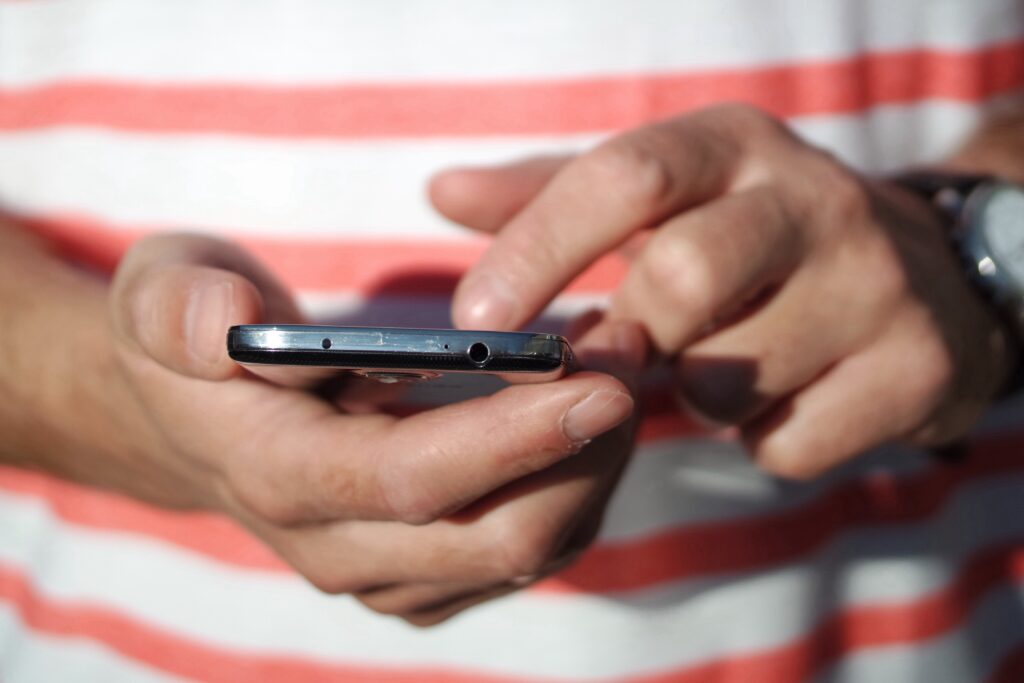
There may be other people with similar experiences – if you or someone you know may have been unknowingly drugged and/or robbed connect with AVP’s 24/7 hotline by call or text at 212-714-1141 to report confidentially and get support. Or Report here.
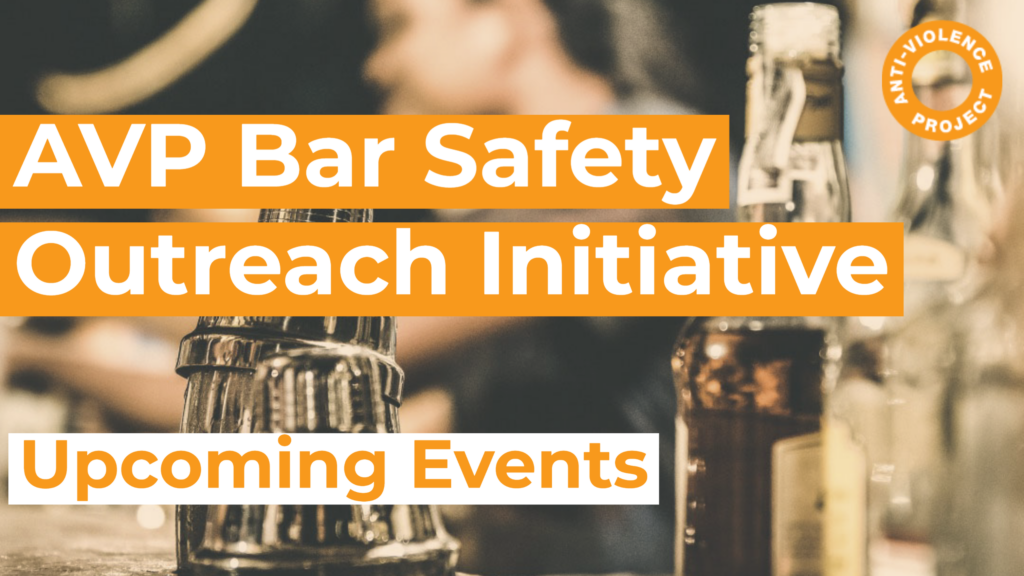
Volunteer for the AVP Bar Safe initiative to provide support on the ground to help our communities stay safe.
Register for events below!

Resources
Safety tips for going out
Make a safety plan and let someone else know (We can help!). Tell at least one person about your plans, such as who you’ll be with, a way to get in touch with the person/people you are meeting, the meeting place, how long you’re planning to be out, and what you plan to do. Tell a friend if you are planning to use drugs or alcohol and what you plan to use. Plan what will happen if you feel unsafe or do not respond to your friend after an agreed amount of time. Let your friend know whether you want the police called.
Use your tech. Text your friends about where you’ll be, where you are, and when you plan to go home. If you’re meeting an online date, share a screenshot of their profile and the handle or screenname (@username if available) they use on the website or app. Enable location sharing with a few trusted people, but also text information about where you are, especially if you change locations. Check-in with your safety person about what to do if your location sharing gets disabled; that may be a sign of problems.
Passcode or Facial Recognition on your phone. To make sure that you’re the only person who can access sensitive information and contacts on your phone, use security measures like a strong passcode or biometric recognition like face or fingerprint ID. Keep in mind that different security features pose different risks and provide different benefits, so use what is best for you. Passcodes can be less secure overall, but can prevent your security being manipulated.
Meet in public. Meeting in public allows for more excellent options for safety if you are connecting with someone you met online. If possible, bring friends with you, as they can watch your back and give you their impressions. If the person doesn’t look like the picture, ask them about it. If they don’t have an answer you feel comfortable with, leave.
Meeting new people at the club. If you’re going out in hopes of meeting someone new, go with friends and make an agreement with them about how you’ll check in if one of you meets someone. Share information with friends about where you’re going and when you’ll check in again.
Know your limits. If you’re going to use substances, including alcohol, consider deciding when and how much you will use.
Practice safer sex. If you think you may have sex, make it safer sex—bring safer sex supplies and use them. AVP has free safer sex supplies (internal and external condoms, lube, dental dams, etc.) available and can help you safety plan around how to ask your sex partner to engage in safer sex.
Incidents of hook-up violence can happen in public spaces such as bars, sex/play parties, etc. Let friends, other patrons, or bar/nightclub staff know if you leave temporarily and when you intend to return. When you are outside, scan the street for establishments (such as a bodega or car service) where you can go to seek help if you feel unsafe. Don’t leave any drinks or your belongings unattended. Discuss your interests and boundaries for sex, including BDSM, before engaging.
Trust your instincts. If you feel threatened or unsafe at any point, if at all possible, exit the situation.
You can say no. No matter who initiates or how far you’ve gone, you can stop anytime for any reason.
Getting support if violence occurs
It’s not your fault. Nobody has the right to violate your boundaries or commit violence against you, no matter where it happens or how you met.
Document the incident. Take photos of any injuries; keep records of emails, texts, and calls.
Consider medical attention or counseling after an incident. Violence can have many physical and emotional impacts. AVP has free and confidential counseling and support group sessions available.
Call us. We’re here to support LGBTQ and HIV-affected survivors of all forms of violence, including hook-up, dating, sexual, intimate partner, hate, and police violence. If you have witnessed or experienced violence, we encourage you to call our 24-hour bilingual (English/Spanish) hotline at 212-714-1141, where you can speak with a trained counselor or use our secure online reporting form.
Take care of yourself. Utilize the help of supportive friends, partners and family.
Get involved. To help keep our communities safe, get involved with our community organizing work. Help develop our programs and projects to bring safety to all communities.

